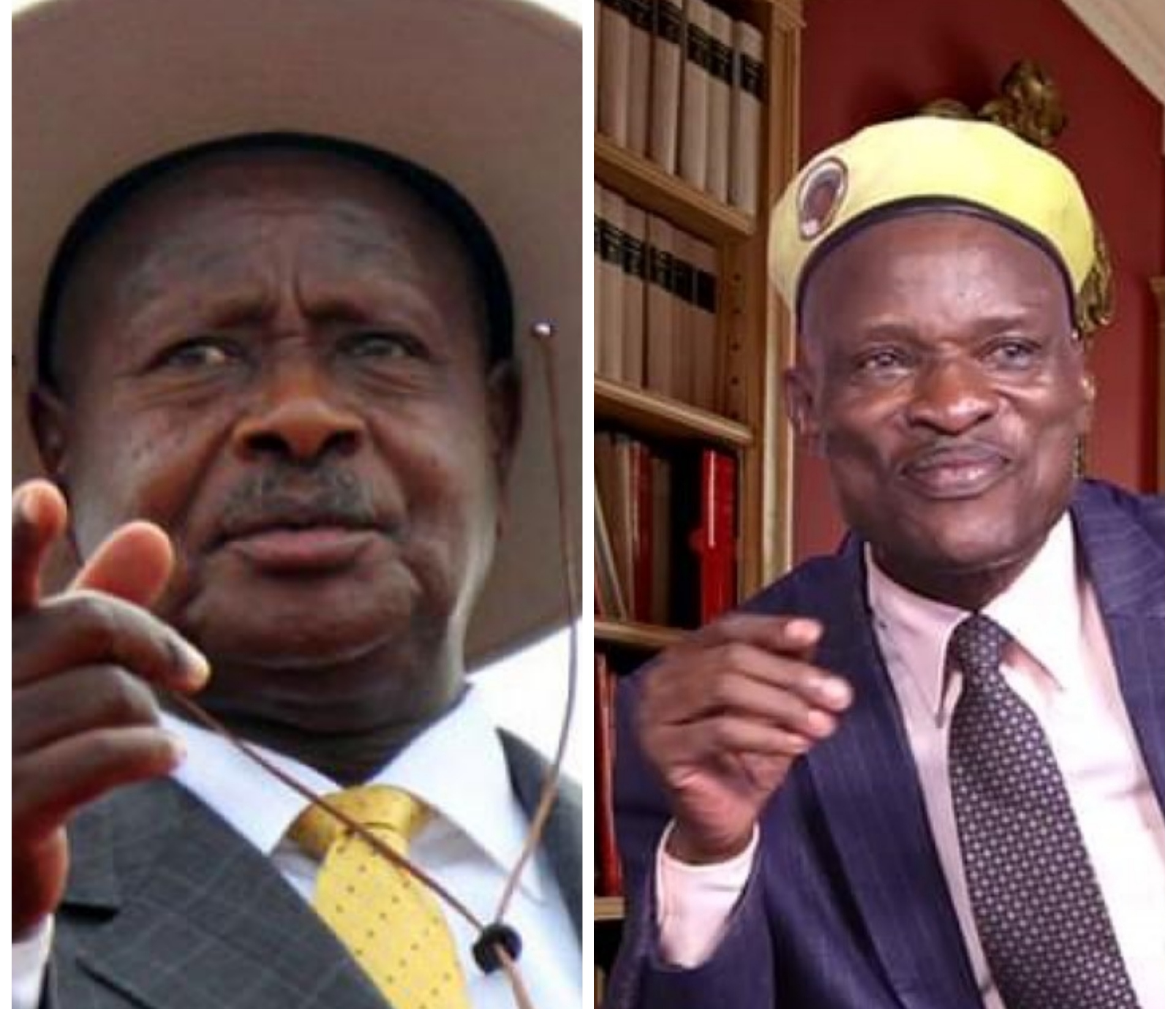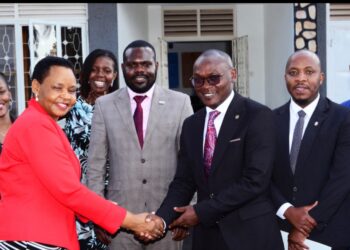Former Senior Presidential Press Secretary Joseph Tamale Mirundi has castigated President Yoweri Museveni for being absent at the royal wedding of the Kyabazinga of Busoga Kingdom, His Royal Majesty, William Wilberforce Kadhumbula Gabula Nadiope IV.
In his recent YouTube interview, Mirundi who is known for his candid and provocative statements, labelled Museveni’s non-attendance as a serious misstep, triggering debates about the political implications of such a decision within the context of Uganda’s cultural fabric and regional alliances and even his political will in Busoga region.
According to Mirundi, the absence of President Museveni at the Kyabazinga’s wedding echoes beyond a mere ceremonial event and it amplified the intricate interplay between political symbolism and cultural significance in Uganda’s sociopolitical landscape.
The Kyabazinga holds a pivotal role not just as a cultural leader but also as a unifying figure within the Busoga region. Mirundi’s critique emphasizes the underlying message conveyed by Museveni’s absence, hinting at potential rifts or overlooked alliances within Uganda’s political corridors, particularly in regions where cultural ties often intertwine with political allegiance.
Mirundi’s bold assertion regarding President Museveni’s absence showed the political optics and the nuanced dynamics at play in Uganda’s power structures.
He noted that the Kyabazinga’s wedding was not merely a social affair but a significant moment entwined with cultural symbolism and regional cohesion. The absence of the sitting President from such an event raises questions about political strategy, regional diplomacy, and the intricate balance between national governance and honouring cultural ties within the diverse fabric of Ugandan society.
“In Uganda’s history, the Busoga region is a very sophisticated one, all the past presidents to be toppled off were first rejected by the Busoga. And I can tell you now that the Busoga region has rejected President Museveni. It was the biggest mistake for Museveni not to attend Kyabazinga’s wedding. He normally comes and overshadows his enemies. When they were organizing the last funeral rites of Ben Kiwanuka, Museveni spent a week in Masaka, he won the hearts of people even in DP but he failed to do this in Busoga,” he said.
Beyond the immediate commentary on the Kyabazinga’s wedding, Mirundi’s assertion prompts reflections on the broader implications for Museveni’s political capital and public image. In a country where cultural ties hold substantial sway, the absence of the President at a momentous cultural event might be construed as a misstep with potential repercussions.
“Once the centre of power in Uganda disintegrates, President Museveni will lose his grip on the country. In the districts of Jinja, Iganga, and Kamuli, attendance at big occasions like the Kyabazinga event is seen as a must for serious politicians. Despite the fact that Museveni was responsible for bringing back traditional leaders, he did not attend the recent royal wedding, which would have been a perfect opportunity for him to show his support. The situation was made worse when his Vice President represented him at the event but ended up causing more embarrassment for thfoPresident,” he said.
Mirundi’s critique serves as a catalyst for discussions on the intersection of politics, culture, and regional affiliations, propelling debates about the significance of symbolic gestures in maintaining political harmony and unity across diverse cultural landscapes within Uganda.
Do you have a story in your community or an opinion to share with us: Email us at editorial@watchdoguganda.com













